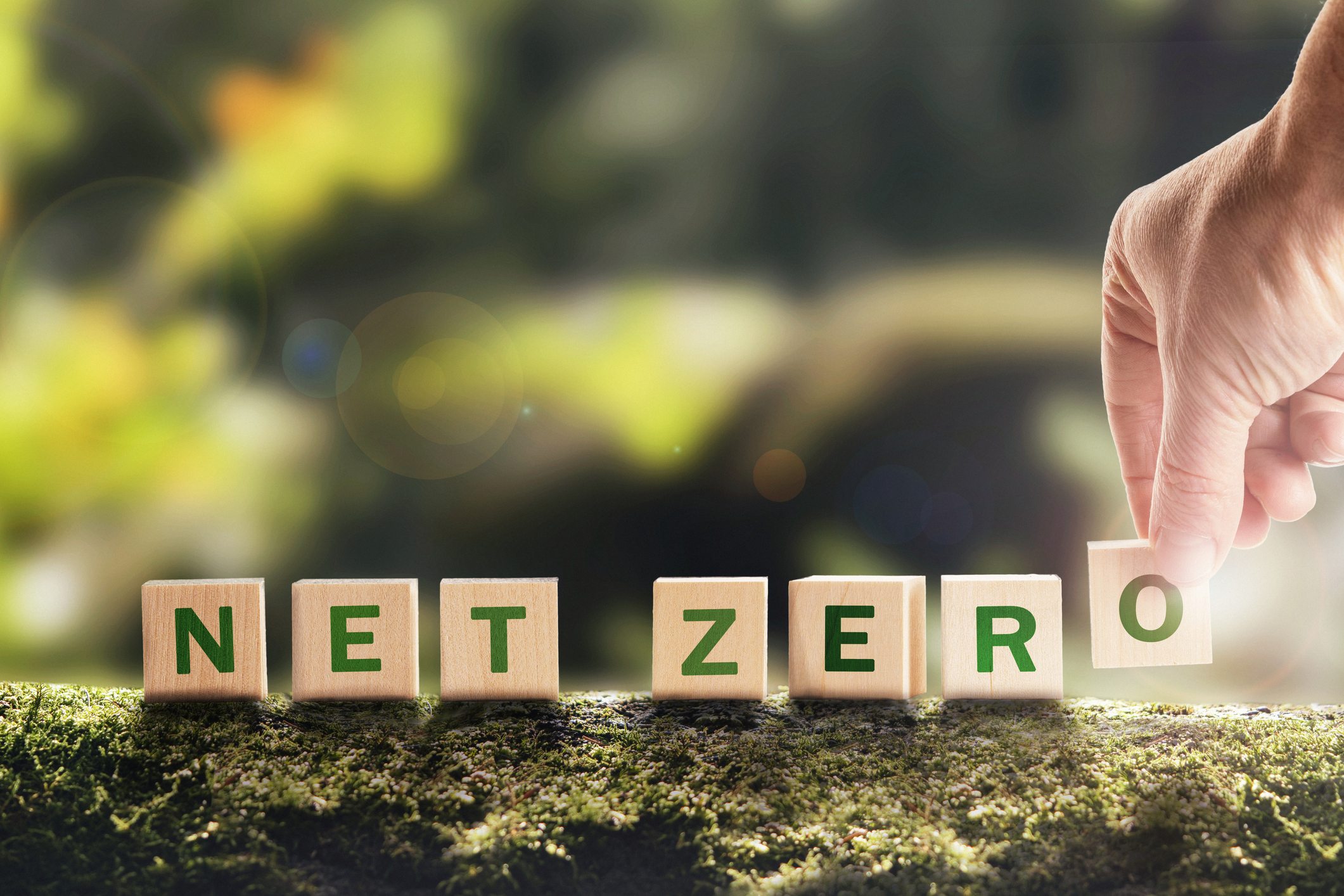The Future of Utilities 2025 Summit made it abundantly clear that it is vitally important that the UK and the rest of Europe transition towards a 2050 net zero future away from gas because it is unwise to be over reliant on an intentional gas market where gas prices are constantly increasing due to geopolitical tensions such as the war in Ukraine.
It was made clear at this summit that one of the main ways that this transition will be achieved is through AI. Utilising the power of AI is crucial for integrating energy generation, storage, distribution and consumption. For example, increasing battery storage and integrating it into the wider energy system. Furthermore, AI can be used to deal with the rising number of customers contacts for energy providers through AI email triages based on large language models speeding up work for energy providers as they can process emails at a more rapid rate.
Other crucial elements of transitioning towards and achieving net zero by 2050 emphasised by this summit include increasing the number of power purchase agreements between power generators and buyers to increase the green quotient in the energy system and increasing economic support in countries to get more hydrogen power into the energy system. As well as this, upskilling the workforce, shifting the way people consume, encouraging more farmer investment in biomethane plants, investing in brand new cutting edge technology, empowering customers to analyse the own connection options, collaborating effectively with other countries were all vital elements talked about in order to achieve net zero by 2050. Finally, expanding flex schemes, such as the ECO 4 flex scheme, across more areas of the UK and the rest of Europe to help an increased number of low income and vulnerable households improve their energy efficiency is also a key mechanism by which net zero will be achieved in Europe by 2050.
Achieving net zero by 2050, through these various mechanisms as well as many other options not discussed, for Europe was estimated in this summit to only take between 1-1.8% of Europe’s GDP so with substantial effort and focus from countries across Europe, it absolutely should be achievable. This is a minimal GDP %, when taking into consideration the geopolitical risk of continuing to be too over reliant on natural gas and the economic GDP loss of following a business as usual climate pathway and not taking significant climate action is estimated to be between -10% to -15% so it’s clear net zero by 2050 is not only vital but achievable.




